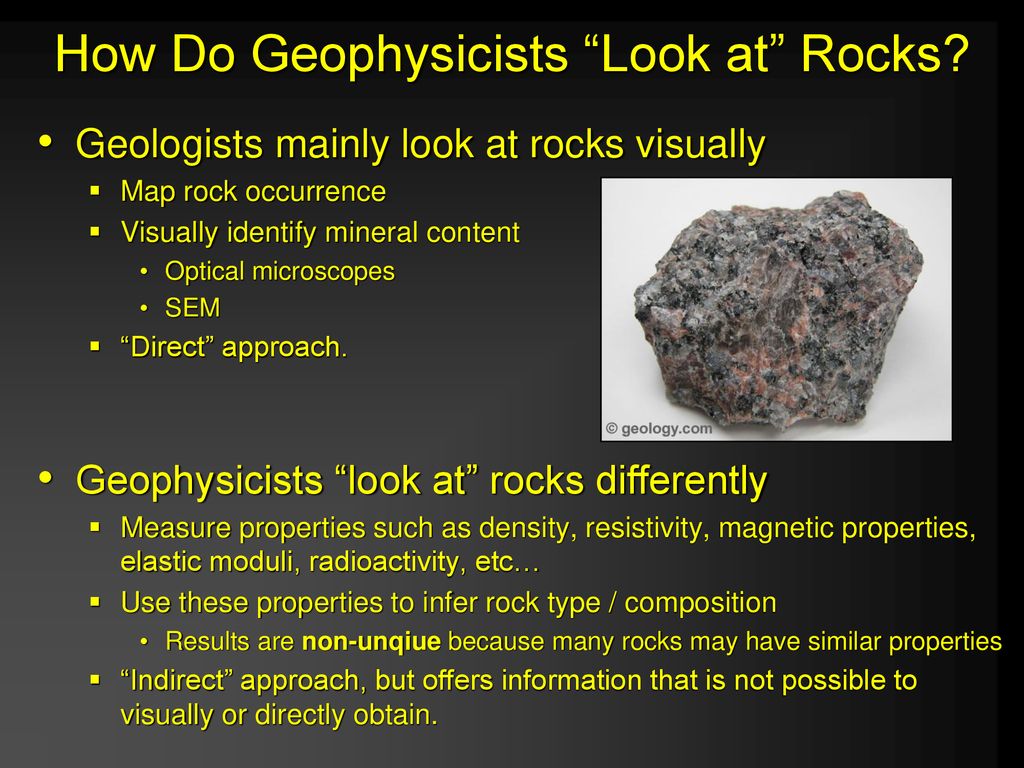All Categories
Featured
Table of Contents
Geophysicist: What Is It? And How To Become One? in Ardross Oz 2022

Other possible geophysicist majors that aren't geophysics or geoscience include: Atmospheric sciences and meteorology Chemical and physical oceanography Earth science Environmental science Hydrology and water resources science Materials science By making any geophysicist degree, and by taking the required geology courses, you ought to receive an entry-level position as a geoscientist or geophysicist.
Ultimately, students must learn: a branch of geology that takes a look at the various aspects of minerals, consisting of chemical structure, internal crystal structure, and physical properties. the research study of rocks and the processes and conditions that form and change them gradually. There are a couple of neighborhoods in this branch of geology, including igneous, metamorphic, and sedimentary rocks.

This field takes a look at structural rock functions such as cleavage, faults, joints, and small folds. They should also discover the computer skills required to: analyze information develop digital designs and maps operate geoscientists' software Students need to also make the most of all chances to acquire real-world experience. Hopeful geophysicists ought to anticipate to spend time learning: in the class in the field in laboratories Obviously, skills taught in the class are extremely important for aiming geophysicists.
Geophysical Survey - An Overview in Alexander Heights Aus 2022
For example, geoscientists spend a great deal of their time outside when operating in the field, so they must have "outdoor abilities" like outdoor camping and running boats, airplane, and other lorries. Due to the fact that they spend a lot time in remote places, it's important that geophysicists likewise have the physical endurance to bring needed devices on their walkings to places of research study.
The job offers: a high typical and top earnings a high rate of individual satisfaction among geophysicists low work stress favorable task outlook Additional information on revenues capacity and job outlook is detailed below. For trainees looking to land an entry-level function as a geoscientist or geophysicist, it takes four years, or the time required to complete a bachelor's degree in geophysics or an associated discipline.
Some research positions in geophysics require doctoral degrees. Likewise, if you plan to teach at a college or university, you need to earn a Ph - Exploration Geophysicist: Occupations In Alberta in South Lake Aus 2020. D. in geophysics or an associated field. The time it takes to make a Ph. D. varies by organization and program, but it normally takes 4 to six years beyond the bachelor's degree.
What Does A Geophysicist Do? Role & Responsibilities in Nedlands Aus 2022
The majority of companies require prospects to have a bachelor's degree in geophysics or a closely related discipline for all entry-level positions. As a result, there's no way around the degree requirements for becoming a geophysicist.
Currently, 31 states need licensing for geologists, although licensing is not constantly required, specifically for entry-level work. The states that do concern licenses use the Fundamentals of Geology Exam (FGE), which is administered through the National Association of State Boards of Geology (ASBOG). Now that you understand which degree for geophysicist tasks you need, you'll require to land a task, and it is essential to discover just how much cash you can make in this profession.
According to BLS, the typical annual wage for geoscientists is $93,580. According to BLS, certain markets use higher incomes for geoscientists, and in some cases, they offer higher-than-average incomes.
Airborne Geophysical Survey in Craigie Aus 2021
Mining, quarrying, and oil and gas extraction provides over $32,000 more every year than the typical annual wage for this occupation. The federal government, too, provides over $10,000 more in revenues than the nationwide average for geoscientists. In addition to industry type, geographic area can greatly impact earnings for this profession.

The top-paying states and their yearly mean salaries, according to the BLS, include: Texas $166,720 Oklahoma $149,630 Pennsylvania $120,590 Hawaii $120,130 Colorado $107,260 These five top-paying states provide much higher wages than the average for this profession. Salaries for geoscientists in Texas are over $73,000 higher than the nationwide average.
It needs to come as no surprise that many of these high-paying areas remain in Texas and Oklahoma, however some are discovered in California, Louisiana, and Colorado. The top 10 highest-paying metro areas for geoscientists are: Houston-The Woodlands-Sugar Land, Texas: $188,400 Tulsa, Oklahoma: $186,490 Midland, Texas: $167,040 Odessa, Texas: $147,080 Oklahoma City, Oklahoma: $145,350 Bakersfield, California: $130,080 Urban Honolulu, Hawaii: $124,470 New Orleans-Metairie, Louisiana: $121,030 Washington-Arlington-Alexandria, DC, VA, MD, WV: $120,180 Denver-Aurora-Lakewood, Colorado: $116,910 For some geoscientists and geophysicists, residing in a metro city is not as appealing as living in a smaller community.
Table of Contents
Latest Posts
Greeley-evans Area 3d Geophysical Survey in Bicton Australia 2022
Airborne Geophysical Methods in Bateman Western Australia 2022
Integrated Geophysical Surveys For The Safety in Beeliar Australia 2021
More
Latest Posts
Greeley-evans Area 3d Geophysical Survey in Bicton Australia 2022
Airborne Geophysical Methods in Bateman Western Australia 2022
Integrated Geophysical Surveys For The Safety in Beeliar Australia 2021